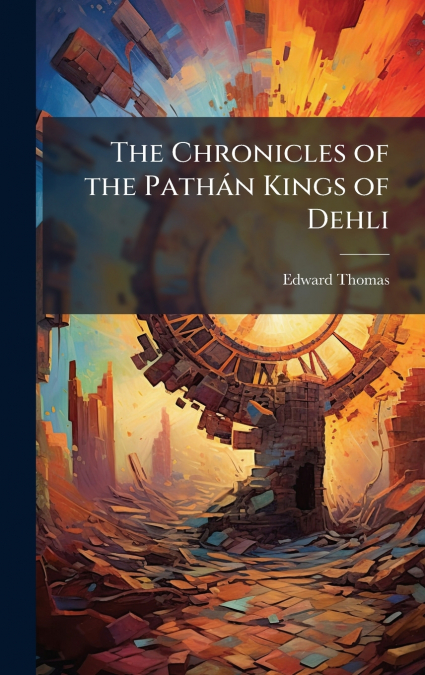
Edward Thomas
The Chronicles of the Pathán Kings of Dehli, by Edward Thomas, offers a detailed historical account of the Delhi Sultanate, illuminated by numismatic evidence, inscriptions, and other antiquarian remains. First published in 1871, this seminal work provides invaluable insights into the reigns of the Pathan, or Pashtun, dynasties that ruled Delhi during the medieval period. Thomas meticulously reconstructs the political, economic, and cultural landscape of the era, using coins and inscriptions to verify and expand upon existing historical narratives.The book explores the reigns of key rulers, their administrative policies, and their impact on the socio-economic fabric of the Delhi Sultanate. With detailed analysis and rich historical context, this work remains an indispensable resource for scholars and enthusiasts interested in the history of India and the study of numismatics. Thomas’s comprehensive approach and meticulous research make 'The Chronicles of the Pathán Kings of Dehli' a classic in its field, essential for understanding the complexities of medieval Indian history.This work has been selected by scholars as being culturally important, and is part of the knowledge base of civilization as we know it. This work was reproduced from the original artifact, and remains as true to the original work as possible. Therefore, you will see the original copyright references, library stamps (as most of these works have been housed in our most important libraries around the world), and other notations in the work.This work is in the public domain in the United States of America, and possibly other nations. Within the United States, you may freely copy and distribute this work, as no entity (individual or corporate) has a copyright on the body of the work.As a reproduction of a historical artifact, this work may contain missing or blurred pages, poor pictures, errant marks, etc. Scholars believe, and we concur, that this work is important enough to be preserved, reproduced, and made generally available to the public. We appreciate your support of the preservation process, and thank you for being an important part of keeping this knowledge alive and relevant.